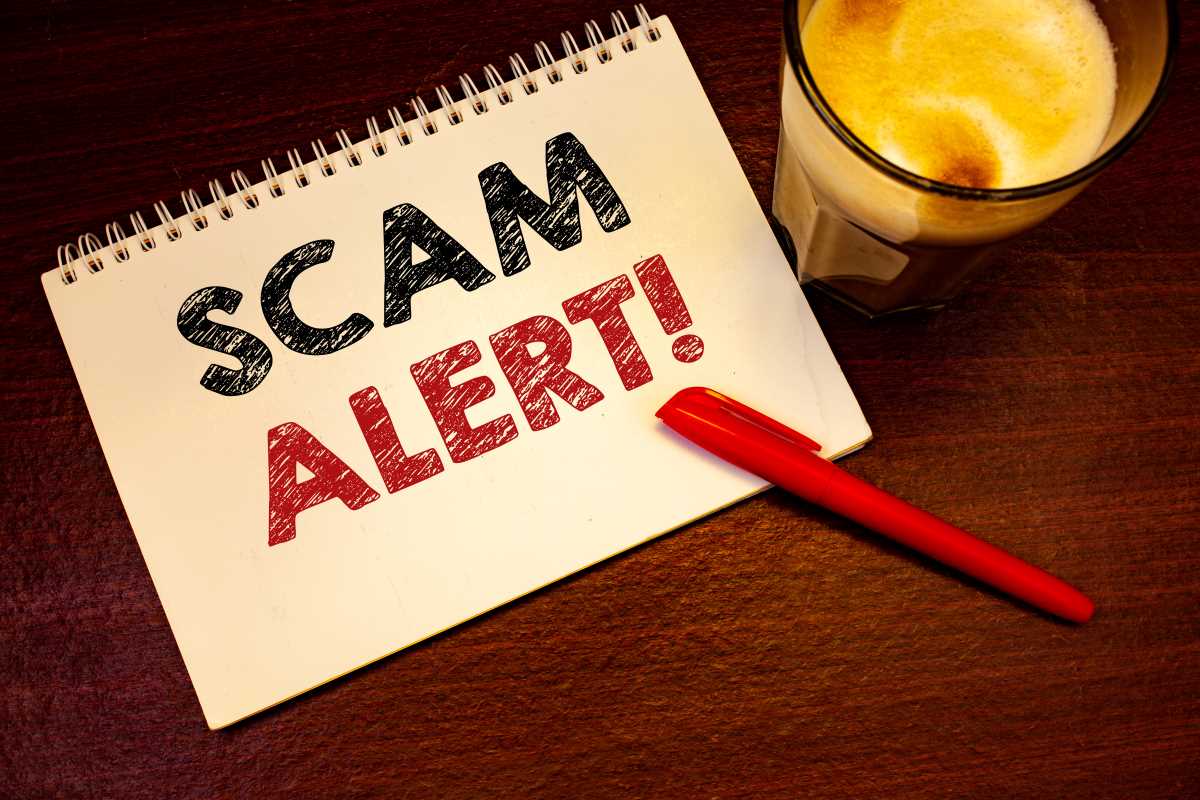
When demand for something exceeds its supply, scammers are quick to take advantage. It’s happened recently with popular toys, baby formula, and even rental cars. Now, it’s happening with Ozempic, a prescription-only drug for people with Type 2 diabetes. Scammers are aware of the drug’s popularity for weight loss, and they’re targeting folks looking for a convenient way to purchase it. Here’s what you need to know to stay alert.
How the scam works
You are looking online for a pharmacy that carries Ozempic and are pointed to a website claiming to sell the drug at a reduced price. You may find the website through a web search, an ad, or even a friend’s post on social media. The website claims that buying Ozempic is easy, and you can save a few hundred dollars by purchasing it online vs. through a doctor. All you must do is make a payment through a digital wallet app like CashApp or Zelle (CashApp and Zelle are BBB Accredited Businesses as of this writing in December 2023).
Many such websites don’t even ask for a prescription before “selling” the drug, but some sites work harder to appear that you are dealing with a legitimate pharmaceutical company. One consumer reported having a “tele-consult” with a “doctor” before paying to receive Ozempic. The consumer told BBB: “I have not received the drug. When I reach out to customer service, they send automated responses. They refuse to refund my money, even though they claim not to know when or if the drug will be shipped.”
In some versions of the scam, the con artists claim to encounter issues when shipping the drug, all of which require additional fees. For example, after your initial payment, scammers may insist that you need to pay for insurance or a discreet shipping fee to get the package past customs. If you refuse, scammers may resort to threats. For example, they may claim to report the transaction to the U.S. Food and Drug Administration (FDA), and you’ll be held responsible for buying illegal drugs without a prescription.
In reality, scammers never planned on sending you anything at all. Any problems encountered when “shipping” the medication is only a trick to get even more money from you. If you give in and use a digital payment app to send funds, your money is gone for good.
How to avoid prescription drug scams
- Don’t buy medicines from foreign countries. The FDA warns consumers that non-FDA-approved products sold by internet pharmacies in other countries can be downright dangerous. Avoid risking your health and getting scammed by sticking with pharmacies based in the country where you live.
- Don’t buy prescription-only medications from a seller who doesn’t ask you for a prescription. This is a huge red flag and one of the biggest signs that you are dealing with a scammer. Even if they are selling the drug, offering it to consumers without a prescription is illegal.
- Watch out for unreasonably low prices. This is another red flag. Ask yourself, why is a vendor offering a high-demand, name-brand prescription at such a low price? It’s probably a scam. After paying, you could end up with counterfeit products or no products at all.
- Don’t use digital wallet apps to pay for a prescription. A reputable pharmacy won’t ask you to make a payment using a digital wallet app, prepaid debit cards, or wired funds. These payment methods are a common denominator in countless scams.
- Only buy from reputable pharmacies. If you come across a pharmacy online that you aren’t familiar with, research is a must. Make sure the business has legitimate contact information and a working phone number. Look for consumer reviews, keeping a sharp eye out for reports or scams or shady business dealings. Remember, your personal information, some of your medical details, and your money are all on the line.

